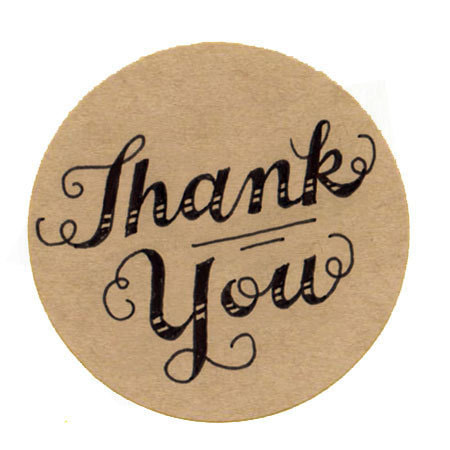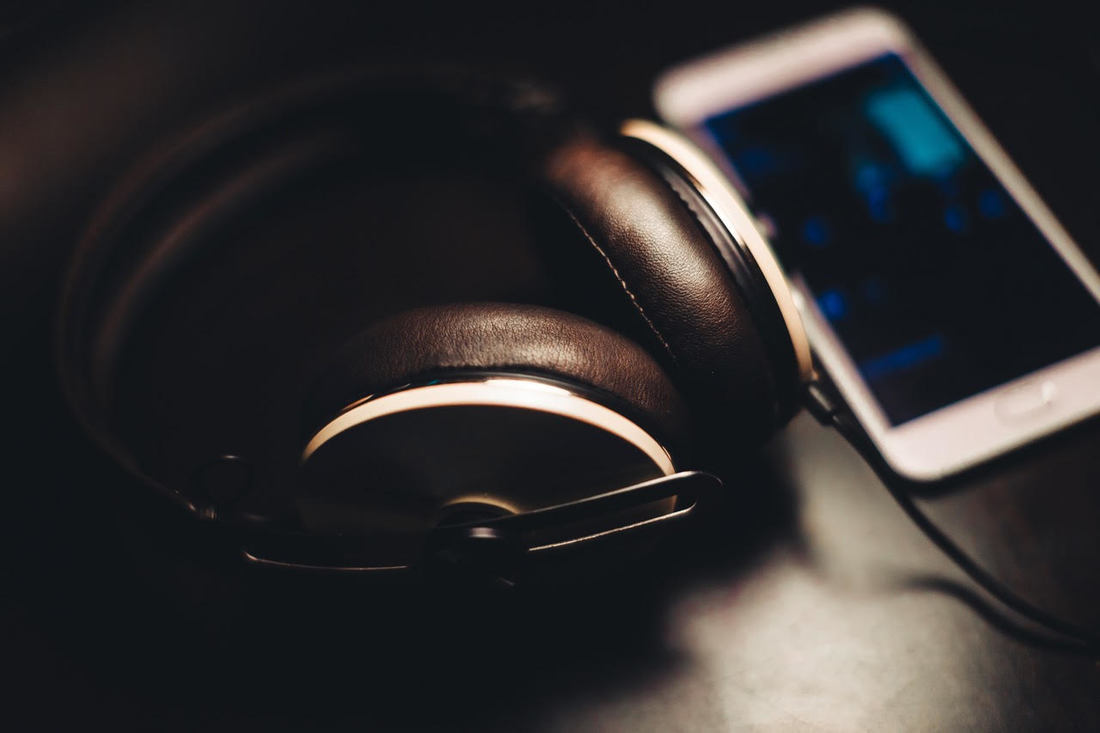|
Well, that’s a wrap for The Espresso in 2017! I am truly grateful to each of you for taking the time to subscribe and read this publication. I am always humbled by our readership and appreciative when you write to me to comment, suggest a story or simply to send thanks. So to all, thank you and have a ripper break with your loved ones. Last year I ran my first MOJO Live and Straight Up event in Sydney, and the session sold out. I've received requests to run the event in Melbourne, so it’s happening in January 2018. It’s an opportunity for you to set your plans for the year ahead and to ensure that without question, you will have your mojo working in 2018. Spend a day with me at WeWork Melbourne and get your mojo working next year. Numbers are limited, and that’s not just a pitch!
0 Comments
Christmas is a special time. For me, it means being close to loved ones, sharing smiles, enjoying meals without distraction, reflecting on the year, and being grateful for what we have right now. How will your Christmas break look? If you haven’t thought about your Christmas break yet, take a moment to visualise exactly how wonderful your break will be. Regardless of what you are doing and who you are with, there is power in taking the time now to visualise what a happy Christmas is to you and those you love. Head over to a library, a bookstore or your bookshelf and make a pile of books that you will read over the Christmas break. Whether it is fiction or non-fiction, you need to feed your mind and recover. Christmas is traditionally a time for indulgence, so it is best to set some rules to help limit the damage. You'll thank yourself when you're not starting the new year behind the eight ball. Above all, make this a special Christmas and be in the moment, not on your screen. Have the foresight to create your own Christmas moments as none of us know how many Christmas moments we will get. © GB
Recently I interviewed speed reading expert Abby Marks Beale, and during the interview, I mentioned that I was experimenting with listening to podcasts at 1.5 times the normal speed. I asked Abby what data existed on listening to podcasts at faster speeds and whether speed listening has the same impact as speed reading? Abby suggested that although there is no research at this point, it could well be more beneficial because at quicker speeds you have to listen more intently to stay with the conversation. I certainly have found it very helpful. It turns out that listening to podcasts at faster speeds is a thing - it’s called podfasting, and those that do it are podfasters. Neuroscientist Uri Hassan, whose Hassan Lab at Princeton studies brain responses to real-life events, examined how the brain processes sped-up speech. He points out that even at a normal speed, most people don’t catch every single word, but “if you make it one-third faster, it's almost perfect - they don't lose a lot." According to Hassan, brain responses become slower when we speak slowly and faster when we speak fast. Comprehension starts to break down around two times the normal speed, and at three times it really breaks down. There are those that can listen at ten times the normal speed, but I've never been a fan of the Chipmunks. If you are into podcasting, it may be worthwhile to experiment with podfasting. It allows you to get through more episodes and by doing so, increases your learning capacity. There are occasions, however, when immersing yourself in a wonderful conversation at the normal speed is just what the doctor ordered.
|
|
ABN: 16 079 593 785. Tel: +61 2 9231 5256
Postal Address: 21/4-8 Waters Road, Neutral Bay, NSW, 2089 Australia
Site Design by Bertwistle Holdings. Photography by Sarah-Jane O'Hara



 RSS Feed
RSS Feed